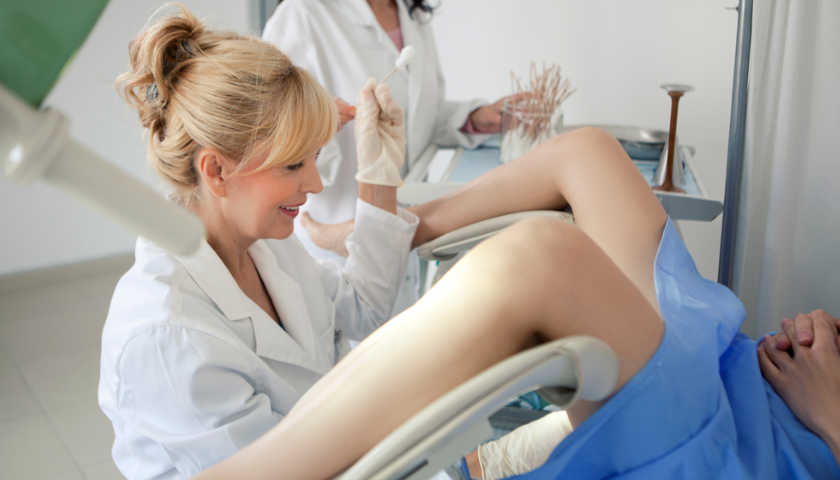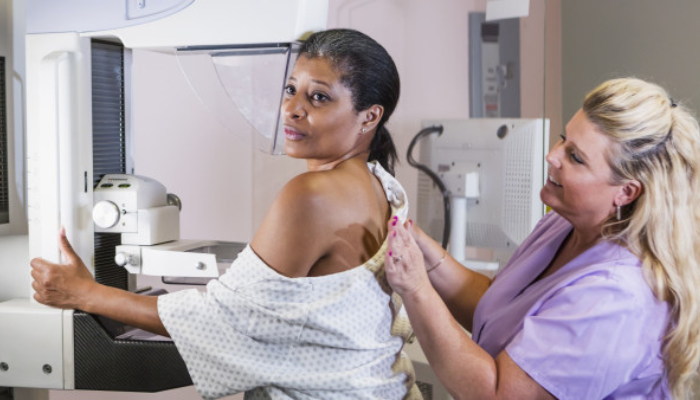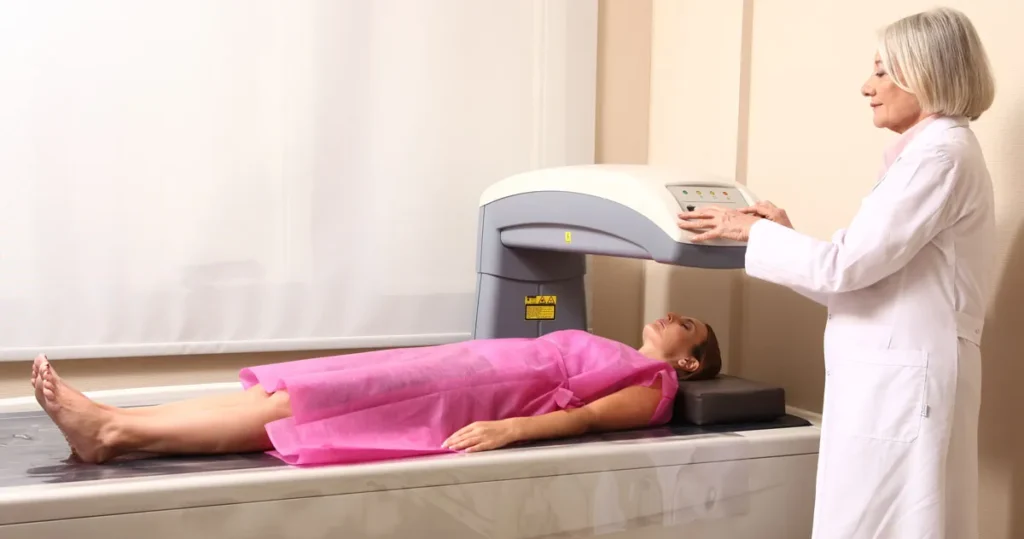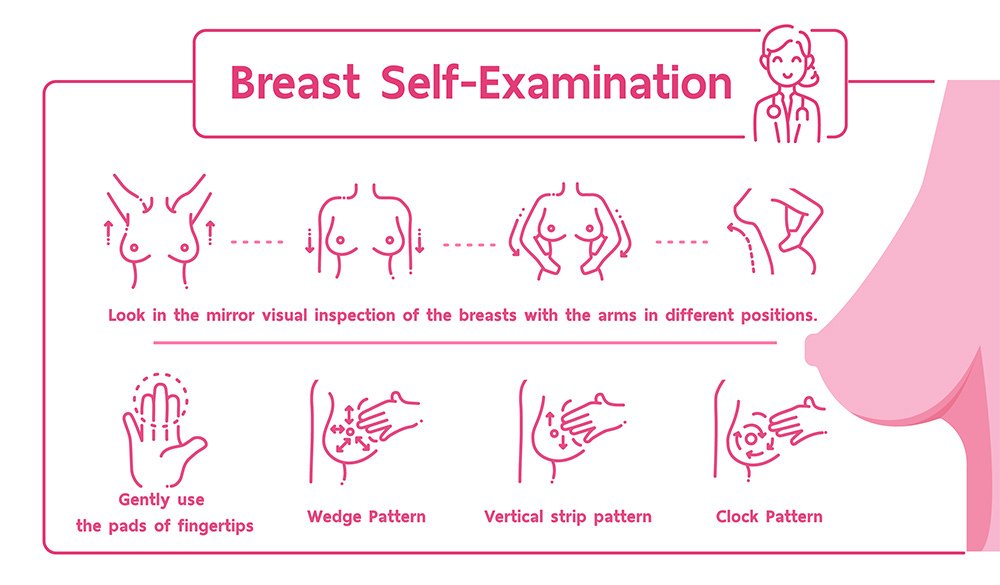Women’s health is not just a concern—it’s a priority. Staying on top of preventive health measures can mean the difference between early detection of issues and more complicated health battles down the road. In this article, we will explore crucial preventive exams that women should incorporate into their healthcare routines. Preventive exams are an integral part of maintaining optimal health, allowing for early detection and effective management of conditions that could otherwise become life-threatening. Whether you are a young adult or approaching middle age, understanding these essential tests and screenings can help you stay healthy and lead a vibrant life.
Importance of Preventive Care for Women’s Health
Preventive healthcare is an essential pillar of maintaining well-being and quality of life. Women, in particular, face unique health challenges and risks, from reproductive health to hormonal shifts and other gender-specific conditions. Regular screening and preventive exams help detect potential health problems before they escalate. Early detection not only improves the chance of successful treatment but also empowers you to take charge of your health.
Famed author Maya Angelou once said, “My mission in life is not merely to survive, but to thrive.” This is especially true for women striving to take control of their health through proactive care.
Essential Preventive Exams for Women
Pap Smear and HPV Test

The Pap smear is one of the most common and critical screenings for women. This test is used to detect any changes in the cervical cells that may lead to cervical cancer. Women between the ages of 21 to 65 are encouraged to undergo this test every three years. The HPV test is often done simultaneously to check for human papillomavirus, which can increase the risk of cervical cancer.
Mammogram

Mammograms are a must for women over 40, especially for those with a family history of breast cancer. This X-ray screening of the breast can help detect early signs of cancer when treatment options are most effective. Women should undergo annual mammograms after 40, or as recommended by their doctor based on personal risk factors.
Bone Density Test

Women are particularly prone to osteoporosis as they age, especially after menopause. A bone density test helps assess bone strength and detect osteoporosis before fractures happen. This exam is recommended for women over 65 or younger women with risk factors for weakened bones.
Cholesterol and Blood Pressure Check

Heart disease is the leading cause of death among women in the United States, which makes monitoring cardiovascular health essential. A cholesterol test, paired with regular blood pressure checks, can reveal potential risks. Women aged 20 and above should have these screenings every 4-6 years, or more often if they have risk factors like diabetes or obesity.
Screening for Specific Conditions
Colorectal Cancer Screening
Colorectal cancer is not just a concern for men; it affects women as well. Starting at age 45, women should begin getting screened for colorectal cancer. The most common methods include colonoscopy, stool tests, or flexible sigmoidoscopy. Early detection is crucial for effective treatment.
Diabetes Screening
Women who have risk factors such as obesity, a family history of diabetes, or a history of gestational diabetes are at a higher risk of type 2 diabetes. A simple blood glucose test can help detect diabetes early and prevent complications. This test should be done periodically based on your doctor’s recommendations.
Thyroid Function Test
Thyroid disorders are more common in women, particularly hypothyroidism. Regular testing of thyroid function helps manage energy levels, weight, and mood. Symptoms such as fatigue, weight changes, or mood swings could be an indication of a thyroid problem and warrant testing.
Reproductive Health and Preventive Care
Breast Self-Exam

Aside from mammograms, regular breast self-exams are a helpful way to detect any changes in breast tissue. Women should perform self-exams monthly to identify any lumps or abnormalities and report them to their healthcare provider.
Pelvic Exam
Regular pelvic exams are recommended for all women aged 21 and older. This exam can help identify various reproductive health issues, including ovarian cysts, uterine fibroids, and infections.
Mental Health and Wellness Checks
Mental health is just as important as physical health, and preventive care should include emotional well-being. Women are more likely to suffer from depression and anxiety due to hormonal fluctuations, societal pressures, and lifestyle factors. Preventive measures include seeking counseling, participating in stress-reducing activities like yoga or meditation, and talking to a healthcare provider about any symptoms.
“It’s not the load that breaks you down, it’s the way you carry it.” – Lena Horne. Prioritizing mental health allows women to navigate life with resilience and strength.
Lifestyle Changes as Preventive Measures
Balanced Diet and Nutrition

Proper nutrition is fundamental in preventing health issues such as heart disease, diabetes, and osteoporosis. A diet rich in vegetables, fruits, whole grains, and lean proteins can make a world of difference. Omega-3 fatty acids, found in fish like salmon, can help lower the risk of heart disease.
Regular Physical Activity

Engaging in at least 30 minutes of physical activity most days of the week is critical for maintaining heart health, preventing weight gain, and boosting mental well-being. Activities like yoga, Pilates, or even brisk walking can reduce stress and improve physical health.
Vaccinations and Immunizations
Staying up to date on vaccinations is another essential part of preventive health care. Vaccines like the flu shot, HPV vaccine, and others recommended by your healthcare provider can prevent serious illnesses.
The Role of Sleep in Women’s Health

Quality sleep plays a significant role in maintaining overall health, especially for women. Poor sleep is linked to increased risks of heart disease, depression, and obesity. Women should aim for 7-9 hours of quality sleep per night and establish good sleep hygiene practices.
Conclusion
Preventive healthcare is the foundation of long-term well-being, and incorporating these crucial exams and health screenings into your routine is an investment in your future. Women have unique health concerns that deserve attention and proactive care, and by staying informed about essential preventive measures, you can lead a more vibrant and healthy life.
Take charge of your health today by scheduling these exams and making lifestyle adjustments to support both your body and mind. Remember, thriving is possible when we prioritize prevention and empower ourselves with knowledge.
References
- Centers for Disease Control and Prevention (CDC): https://www.cdc.gov/women/
- Mayo Clinic: https://www.mayoclinic.org/womens-health
- National Cancer Institute: https://www.cancer.gov
- Angelou, Maya. Quotes Archive: https://www.mayaangelou.com/quotes
- Horne, Lena. Quotes Archive: https://www.brainyquote.com/lena_horne_quotes

Deixe um comentário